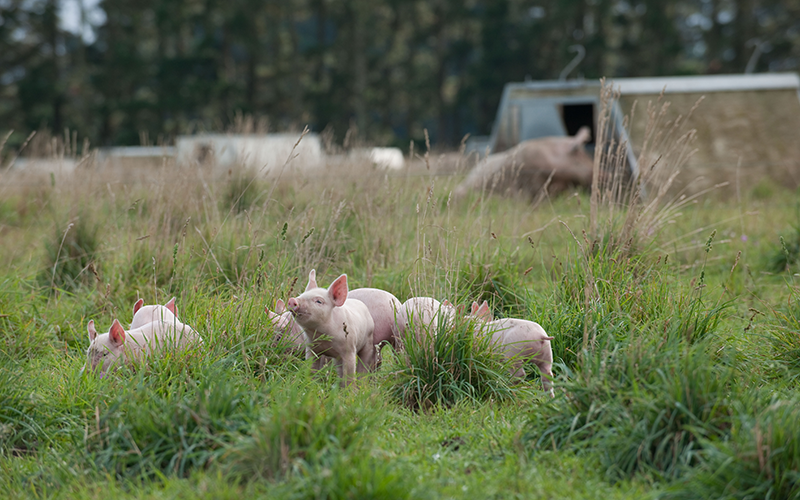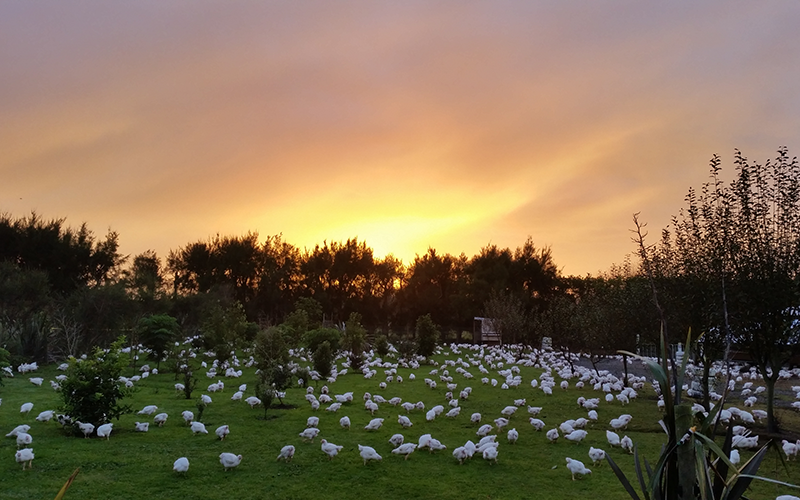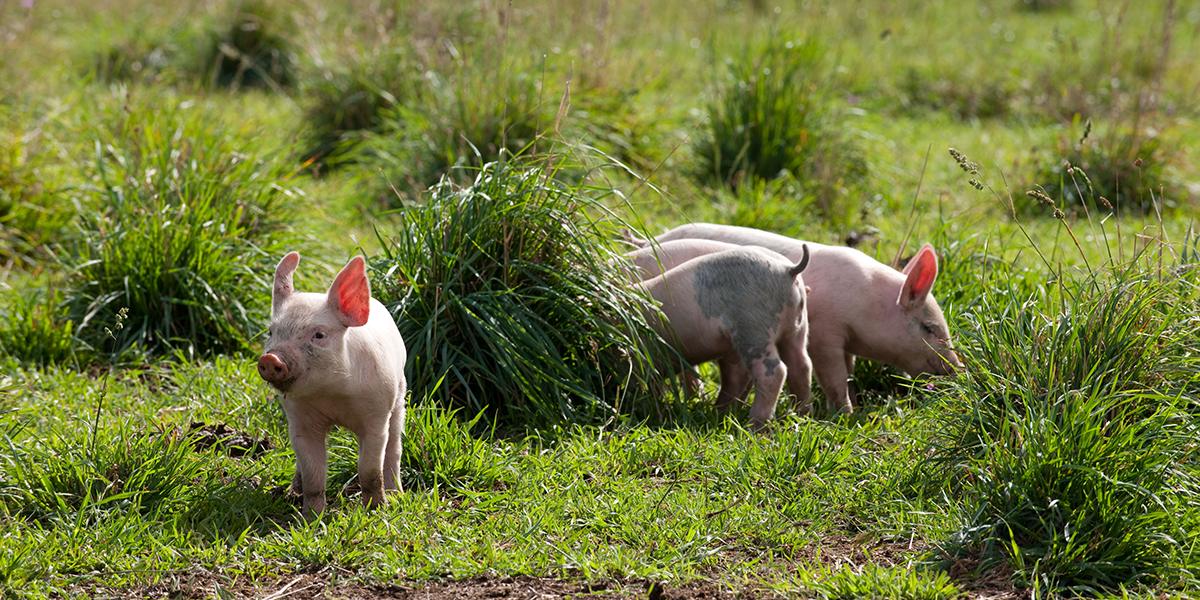Freedom Farms recently celebrated its tenth birthday.
Many would say that’s over ten years of being horribly under qualified to be commenting on farming. After all, no one at Freedom Farms is actually a farmer. None of us own a pair of gumboots or have ever been seen at Field Days. We don’t have a background in agri-science. Gosh… we don’t even have a background in making good bacon.
We are just food lovers who enjoy good food and want to know exactly how it has been farmed before we endorse its existence by buying it.
The way we see it, animal farmers get a hard time. The weather cards never seem to fall in their favour, animal welfare issues never seem to go away, and now they are ‘copping it big time’ for allowing their animals to pollute our rivers and water resources all whilst dramatically contributing to our greenhouse gas emissions.
However, should farmers take all the responsibility? Aren’t they simply being forced to respond to the historical signals the marketplace sends them? That old adage of “increase production and make it cheaper whilst you’re at it”.
By forcing our farmers to respond only to these signals, do we not also help close the door on farming models that show environmental and animal welfare leadership? There is an emerging group of conscious consumers who don’t feel okay about the corner New Zealand is backing itself into.
We need farmers to respond to the other signals consumers are sending them, and we need more shoppers to send these signals via their purchasing decisions.
For more than a decade now, Freedom Farms have been offering consumers pork products that they can trace back to farms. Farms that must meet animal welfare standards driven by ‘conscious consumers’ (because that’s what we are) and agree to independent on-farm audits.
Full farm-to-plate traceability is a critical part of this new conscious consumer’s demands.
As consumers, we accept we need to pay more for this. It does costs more to farm this way and it should cost more.
However, the bottom line is, we only want to support farming that is sustainable and allows the animal the freedom to express their natural behaviours.

Looking forward, can NZ pork farming realistically go 100% free range and should we?
When you go in to bat for high welfare farming, your natural instinct is to say ‘hell yes”. We like to imagine a New Zealand in the future where every pig currently housed inside is let out to live in a field. Surely this would be the ultimate goal?
We have been forced to think about this option sooner than we thought. Not because this perceived panacea is imminent. Rather, because New Zealand is fast learning about the serious degradation of our environment as a direct result of the large scale farming of animals in fields.
As a company, we recognise that although pig farming is a tiny contributor compared to dairy, we still have a responsibility not to add to the problem, even on a smaller scale. Every animal urinating on the land is potentially adding to the ultimate degradation of our water resources.
Of course, very small scale farming in fields exposed to only minimal stocking densities can be sustainable. However, if your goal is to make a real difference by using mass consumer purchasing power, then we need to think beyond sourcing from only very small scale free range farms.
Going forward, we recognise that consumers rightly expect both high animal welfare and sustainable farming that strives to minimise environmental degradation. One can’t be at the expense of the other. There are of course ways that this can be done, the obvious one being to continually lower outdoor stocking numbers.
Another alternative can be the partial housing of animals in deep straw shelters – an environment that allows them to express their natural behaviour. However, by being housed on straw rather than on dirt their manure is contained, preventing it from entering the soil and groundwater. This manure enriched straw can then be composted and used on the land in a controlled way. As a consumer, I am prepared to pay extra to support this sort of ‘win-win’ farming.
Communicating with consumers
The ability to facilitate change using consumer purchasing power means consumers must be given options. Without choices, they either stop buying or feel bad about supporting their reluctant choice.
Freedom Farms was started because we simply couldn’t find any bacon that could be traced back to a farm and therefore be sure it had been farmed without cages and barren concrete pens.
It sounds so simple. There were farmers out there farming in a way we felt was right, but all their pork was ending up in the commodity supply market. There was no differentiation. Consumers could never send a signal that they wanted change because there was no consumer product they could actively choose. It turns out there were thousands of consumers out there who felt the same way. Sales success was immediate and Freedom Farms bacon is now available in nearly every supermarket and specialty store nationwide.
Continued success, however, is about continually building and maintaining consumer trust. For us here at Freedom Farms, we aim to achieve this by setting robust standards and principled business values – and sticking to them. We prioritise the relationship we have with our consumers by treating them with respect and encouraging dialogue and feedback. We try to answer questions promptly and thank our customers for caring enough to pay more. We guarantee customers complete traceability right through the supply chain by independently auditing each link, and this means not just at the farm gate but the transport chain, at the abattoir, on the processing floor, and at the manufacturing plant. This process is managed for us by Asure Quality.

The future beyond pork (and chicken and eggs)
More and more we are being asked by consumers if we could offer Freedom Farms products in categories they currently feel uncomfortable about supporting.
Dairy is the big one and we know consumers are very concerned about the impact dairy is having on the environmental health of New Zealand. New Zealanders are increasingly looking for a dairy option to support that they feel is genuinely sustainable (and more welfare friendly) than the current offer. We are hoping that this will soon be addressed.
Will people pay more for dairy farmed this way?
We absolutely believe so.
For the sake of our environment, our animals and our farmers.



Leave a comment